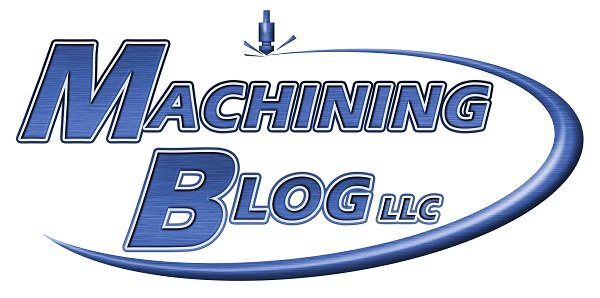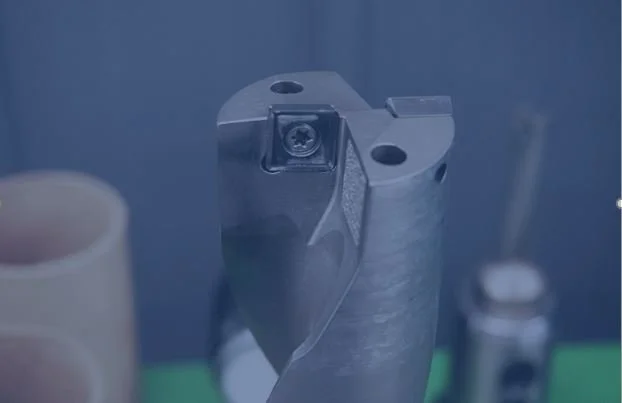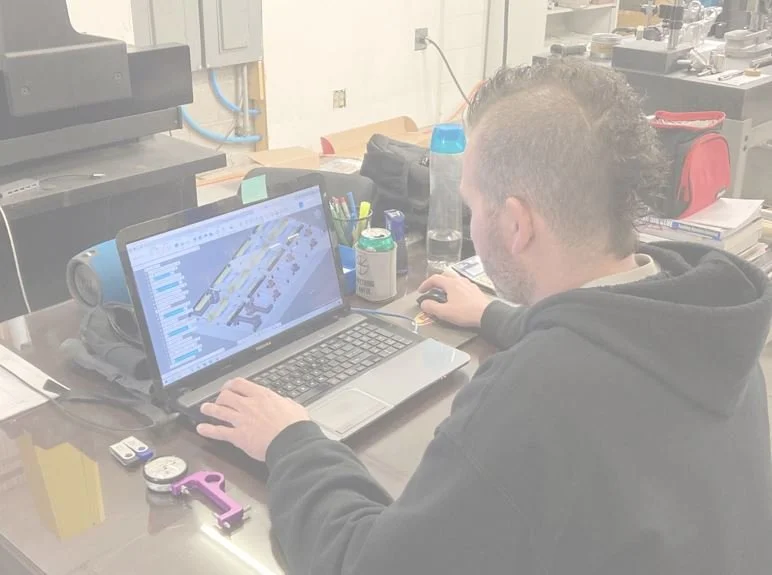All in Manufacturing Engineer
Please fill out the form to ask us machining questions.
Tribal knowledge can be a killer. For a smaller, stable company not on a growth path, it probably isn’t the worst thing ever – unless you lose one of your long-term employees who is the only one that knows how to do a lot of things. Certainly for any company that is on a more dynamic path for growth, adding new customers, more employees, or is concerned about losing that knowledge of a key employee it can be a major problem. Having your companies’ processes and procedures be locked in the brains (and only the brains) of your employees can be very difficult when you lose someone.
I recently had an opportunity to interview Phil Brown and Umair Riyas from NexGenCAM about how to begin a career in computer-aided manufacturing or CAM. They are applications engineers that specialize in CAM software. Phil and Umair have extensive backgrounds in CNC and CAM/CAD, they offer a few tips to others who may be interested in starting a career in the field.
Cardinal Manufacturing is a student-run manufacturing program in the Eleva-Strum high school. They recently finished a 10-month remodeling project in the machine shop and classroom. It was a complete remodel which included the ceiling and walls being repainted. They chose a red and white color scheme for the rooms, halls, and manufacturing equipment.
With my study into the shortage of skilled manufacturing workers that spanned five years, I discovered a few things along the way. The observations started in 2015 by investigating ways to spark interest in manufacturing careers. I published a 4-page article on my career, and it was promoted by three manufacturing magazines. I also assisted my local youth apprentice program by creating a testimonial video for them. I participated in a career fair and only 1% of the students were engaged in manufacturing. I then decided to observe the industry.
When a business donates equipment to a technical education classroom, even a small donation can make a great impact on the program. An even greater impact can be made on the students in the program, according to James Peter. James is the technical education teacher at Ozaukee High School in Fredonia Wisconsin.
Do You Have the Important Qualities for a Career as a Manufacturing Engineer?
If so, consider a career as a Manufacturing Engineer
What Skills Should a Manufacturing Engineer Have?
Mathematical Skills -Use trigonometry functions and calculus for troubleshooting and analysis
Communication Skills - Write documents and explain issues clearly. Must fully understand ideas while listening and working in a team
Mechanical / Technical Skills - Must be able understand how manufacturing devices operate and understand the optimization of computer networks for manufacturing processes
The manufacturing engineers job is to focus on the automated aspects involved in the manufacturing process. They design and optimize manufacturing systems and are also involved with process flow and other aspects of production.








